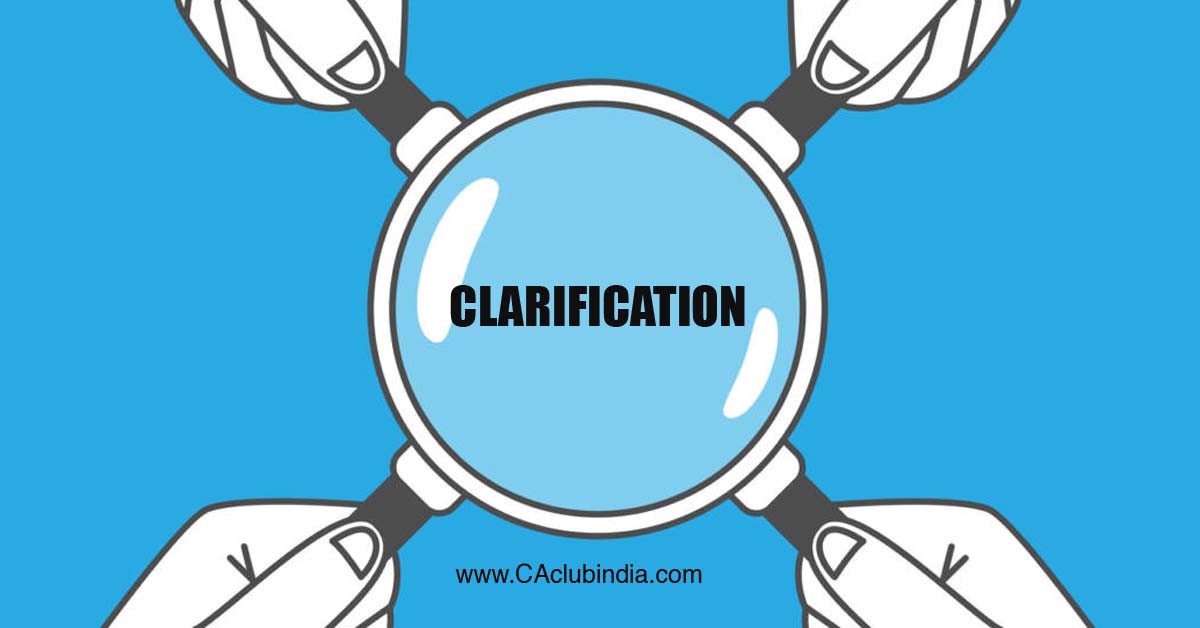In a significant clarification aimed at fostering ease of doing business, the Income Tax Department on Friday reiterated that DPIIT-recognised startups are eligible for multiple tax exemptions, and investments made in such companies are not subject to scrutiny, provided certain conditions are fulfilled.
Responding to a tweet on social media platform X, the department confirmed that startups recognised by the Department for Promotion of Industry and Internal Trade (DPIIT) and those that file the necessary Form-2 declaration are entitled to the benefits under the Income Tax Act, 1961.

"Recognised startups that fulfil the conditions laid down in DPIIT notification dated February 19, 2019, and file Form-2 are eligible for various tax exemptions and deductions," the department posted. "Investments made in such companies are eligible for benefits and are not subject to scrutiny."
However, the department cautioned that investments made in companies that do not meet the prescribed conditions may be examined, as per the risk management strategy followed by the tax authorities.
This move aligns with the government's 2019 notification, which had relaxed the definition of startups to allow full exemption from angel tax on investments up to ₹25 crore. The notification was part of the broader effort to encourage entrepreneurship and address concerns around the taxation of startup funding.
Key Conditions for Startups to Avail Benefits:
- DPIIT recognition
- Compliance with the notification dated February 19, 2019
- Filing of Form-2 declaration
- Investment within the prescribed limit (₹25 crore for angel tax exemption)
The latest clarification is expected to bring relief to startups and investors alike, who have often raised concerns about tax scrutiny on genuine investments.
Conclusion: This announcement reinforces the government's pro-startup stance and provides much-needed clarity on tax norms. Startups looking to attract investors can now do so with greater confidence, as long as they remain compliant with the laid-down eligibility criteria.





 CAclubindia
CAclubindia

